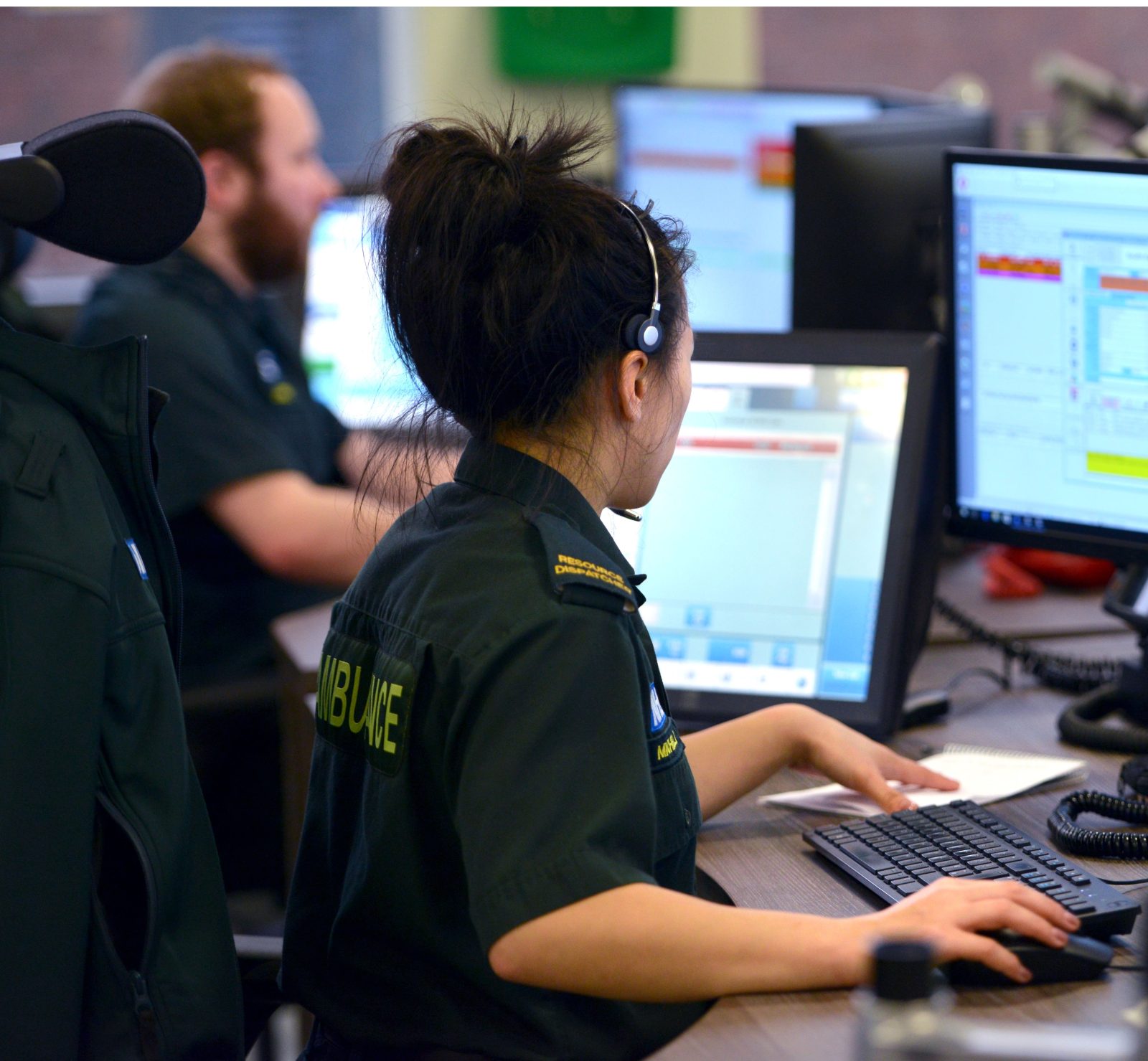
An ambitious programme of work has been developed by South East Coast Ambulance Service (SECAmb) to ensure more of its seriously-ill and injured patients receive a quick response while it also adapts to the needs of patients not facing time-critical health issues.
The work, which has seen SECAmb develop 11 ‘Models of Care’, follows the launch of the Trust’s five-year clinically-led strategy, which recognised the urgent need for change in order to improve patient outcomes and ensure long-term sustainability.
The models, each representing a cluster of health conditions, have been developed to help the service move towards a new clinical operating model. They will ensure the changes required for new ways of working are implemented and embedded in the Trust’s internal systems and that health and social care organisations are aligned with the changes.
The operating model will allow more patients, who do not have time-critical conditions, to be better cared for, either by managing their health conditions with a telephone call from a clinician, or by directing them to more appropriate services via clinicians in the Trust’s Urgent and Emergency Care Hubs. This will ensure that SECAmb has more ambulances available to attend patients in an emergency or critical condition.
SECAmb’s models of care:
- Falls, frailty, and older people
- Palliative & end-of-life care
- Reversible cardiac arrest
- Chest pain, Cardiovascular and Endocrine
- Mental Health
- Major Trauma
- Maternity, Obstetric and Newborn
- Medical and Illness
- Abdominal Pain, Gastrointestinal (including overdose and poisoning), and Genitourinary
- Stroke and Neurological
- Trauma, Minor Injury and Musculoskeletal
Early examples of the programme’s work includes:
- SECAmb manages a high volume of falls patients. It is working with other local health and social care organisations to design better preventative care for patients who are frail or who have fallen over. By focusing on prevention, assessment, treatment and ongoing management of falls and frailty patients, it will reduce unnecessary transports and admissions to hospital.
- A focus on reversible cardiac arrest will include looking to ensure more timely commencement of proven life-saving procedures including chest compressions and the use of a defibrillator. This will include the Trust looking to increase the deployment of volunteer community first responders as well as the availability and usage of public access defibrillators.
- SECAmb is committed to providing a high standard of end-of-life care and will continue to work with its system partners across the NHS and charity sector to ensure patients are supported at this vulnerable time in their lives. This will include how it can work with partners to reduce crisis situations faced by end-of-life care patients.
SECAmb Acting Chief Medical Officer, Dr Richard Quirk said: “This is a vitally important programme of work which will ensure we are able to bring our five-year strategy to life and therefore provide better care for our patients.
“The additional focus it will bring will enable us to move to a new clinical operating model designed to ensure we provide all our patients with the most appropriate care first time.
“Where appropriate, by providing more advice virtually to patients who have health needs that don’t require an emergency ambulance response, we can improve the service for all our patients and ensure our resources are protected to respond quickly to the most seriously ill and injured.”
